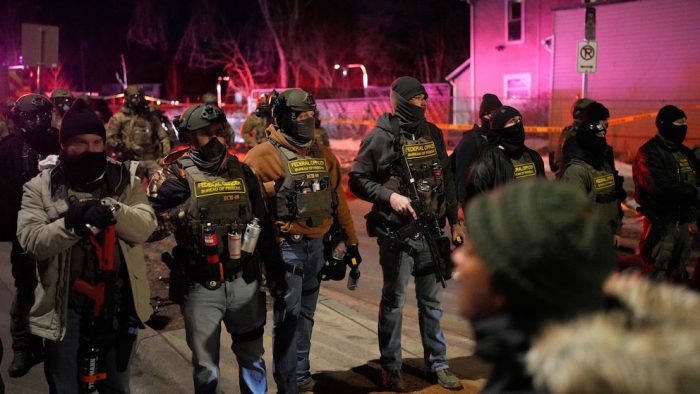Ben-Gvir pushes fast-track death-penalty bill for terrorists, promising unanimous Knesset support and a new era of deterrence and justice.
National Security Minister Itamar Ben-Gvir thundered into his faction meeting on Monday with a single, uncompromising message: Israel will codify the death penalty for terrorists, and it will do so quickly. Following the bill’s first Knesset reading, Ben-Gvir announced that the National Security Committee, chaired by MK Tzvika Fogel, will open expedited deliberations aimed at moving the legislation from debate to law in short order.
“This is a giant step toward making history in the State of Israel,” Ben-Gvir declared, framing the measure as both moral and necessary in the wake of repeated terror campaigns. He predicted broad parliamentary backing — “I expect all coalition factions — and yes, even the Zionist opposition factions — to be in the plenum and vote unanimously” — and left no doubt about his intent: this is not a symbolic gesture, but a binding change designed to close what he called judicial loopholes that allow terrorists to escape the severest consequences.
Ben-Gvir made the political and rhetorical stakes plain. He argued the legislation will eliminate the incentive structure that drives kidnappings and mass-casualty attacks — the so-called ransom-for-release dynamic — by ensuring those who murder and kidnap face the ultimate legal penalty. He framed the law as a deterrent and as a correction of judicial discretion: “Judges with distorted morals will no longer have discretion over whether to pity terrorists or not,” he said, urging a transformation in Israel’s criminal-justice posture against terror.
Practical steps are already scheduled. The National Security Committee will prioritize readings, amendments, and legal vetting. Supporters say the bill will include procedural safeguards to satisfy rule-of-law concerns while ensuring swift, irrevocable sentencing for the worst terror crimes. Opponents — including human-rights advocates and some legal experts — are expected to raise constitutional objections, questions about military versus civilian jurisdiction, and concerns regarding international law and Israel’s obligations. Ben-Gvir, however, has signaled zero tolerance for compromise: “There will be no compromises on our part,” he said.
International reaction may be mixed. Allies who stress human-rights frameworks could voice reservations, while many Israelis — particularly victims’ families and security hardliners — see this move as overdue justice and a necessary instrument of deterrence in an era of unprecedented terror.
Whether the bill becomes law will depend on committee negotiations, Knesset floor votes, and legal review. But Ben-Gvir’s message is clear: in his view, the era of leniency toward mass-murderers and kidnappers is over — and Israel’s legislature will act decisively to ensure it stays that way.





